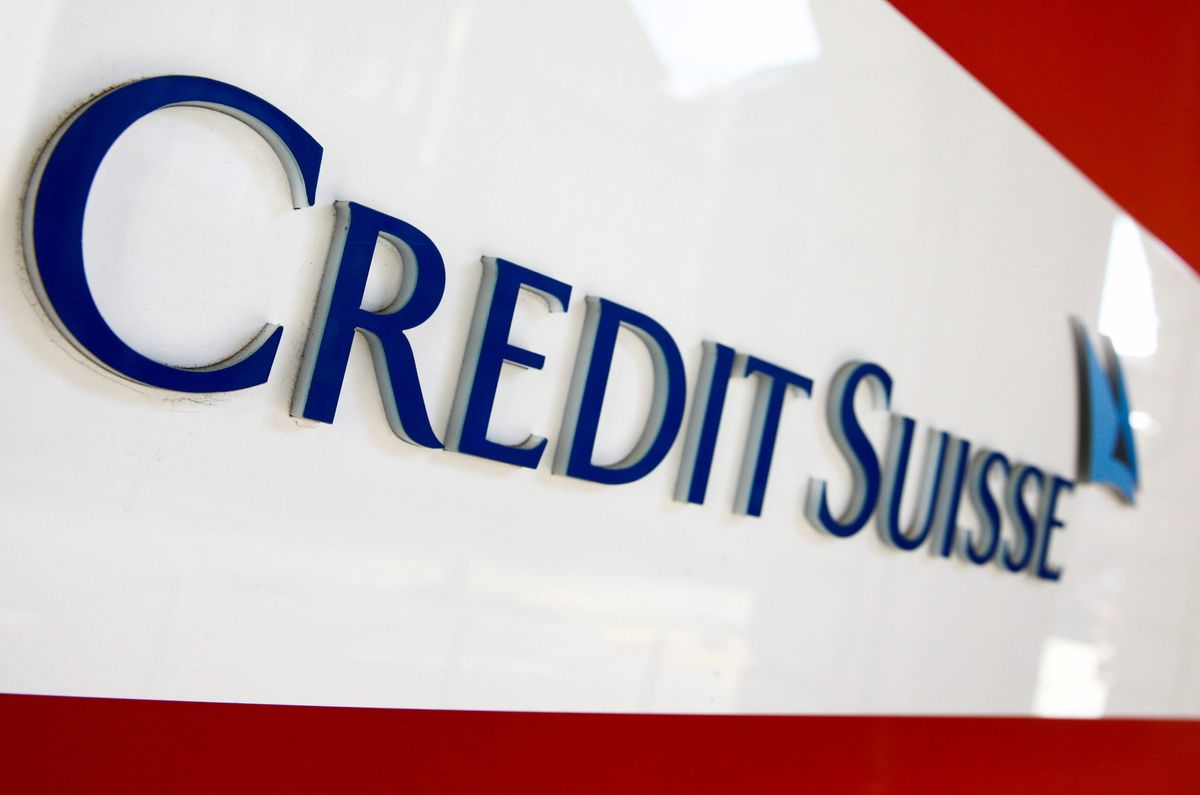After the Archegos and Greensill collapse, Credit Suisse is fundraising big time. Here’s what you need to know

A few minutes every morning is all you need.
Stay up to date on the world's Headlines and Human Stories. It's fun, it's factual, it's fluff-free.
Credit Suisse has been struck hard by the collapse of two of their major clients: Greensill Capital and Archegos Capital.
What is Credit Suisse?
- Credit Suisse Group AG is an investment bank based out of Switzerland.
- The bank has a history of scandals, which have included corruption schemes, spying on former employees and – somehow the least exciting of them – accounting fraud.
- More recently, the bank has been struck hard by the collapse of two of their major clients: Greensill Capital and Archegos Capital.
What caused Greensill and Archegos to collapse?
- The collapse of Greensill and Archegos are unrelated.
- Greensill was a highly successful supply chain finance company, which means that it acts as a middleman between buyers and sellers.
- Let’s say a buyer acquires some supplies from the seller, who then issues an invoice to the buyer requesting payment for those goods within a certain period. Once the buyer approves the invoice for payment the supplier can request an early payment on the invoice.
- The funder, in this case Greensill, can send payment to the seller as well as deduct a fee for themselves. The buyer will then pay the funder on the actual invoice date. This essentially helps the seller with cash flow.
- There are several risks that the funder takes on here, primarily associated with the chances that a buyer won’t pay enough or on time, or that a seller doesn’t provide their product in its intended form.
- One of the main reasons Greensill became so successful was because it was willing to put a lot more of this risk on insurance companies instead of having clients bear it themselves. Something like this is desirable for investors like Credit Suisse, because it means any investment is at lower risk for losses in the end.
- In July 2020, the main insurance company protecting Greensill’s operations said that it would not be renewing the policies. That meant that Greensill would be taking on a lot more risk and would become a significantly less desirable client for banks to give loans to.
- Greensill couldn’t find anyone willing to give the insurance it needed, so most investors left.
- Credit Suisse was one of the last to leave and, as a result, saw some of the biggest losses.
- Archegos is a different story. It was a private family hedge fund run by Wall Street investor Bill Hwang, who had previously been charged with insider trading in 2012.
- Archegos grew significantly after performing billions of dollars worth of swap-trades. These trades meant the hedge fund would buy shares of stocks on the open market, then use those shares bought as collateral to get loans from banks. With the loan money, it would then buy more shares and also use those shares as collateral to get loans from a different bank.
- Because it was a private family fund, which doesn’t have to adhere to very strict reporting standards, no one knew exactly how big Archegos was until its stock value began to take a dive.
- When the stock value began to drop, banks like Credit Suisse went to Archegos demanding more stocks to make up the value difference. Since Archegos was unable to do that, banks were forced to sell the stocks at a loss.
- This loss is estimated to be between US$20 billion and US$30 billion.
How does this all affect Credit Suisse?
- In both instances, Credit Suisse was a major investor.
- Thanks to Archegos, Credit Suisse says it’s lost US$5.5 billion so far.
- For Greensill, Credit Suisse says that around US$2.3 billion is at risk, meaning the bank is owed that money, but isn’t sure if it will get it back.
- As a result, Credit Suisse reported a net loss of 252 million Swiss francs, or around US$276 million, in the first quarter of 2021.
- If the losses hadn’t happened, the bank would have seen its best trading quarter for a decade.
Now what?
- Now Credit Suisse is trying to fundraise by selling what are called mandatory convertibles – bonds that must be turned into shares on a specified date.
- Through these sales, which were mostly to “core shareholders,” Credit Suisse has made around US$2 billion, which it says is going to help “further strengthen” its position.
- The bank also needs to survive some ongoing investigations, one of which is about that employee spying scandal mentioned earlier and another of which has to do with some money that was set up by Greensill.
- Credit Suisse is also undergoing a massive culture shift, with executives being replaced at the top after analysts agreed that the bankers have mostly pursued deals in the short term with only big profits and bonuses in mind.
Have a tip or story? Get in touch with our reporters at tips@themilsource.com




Comments ()